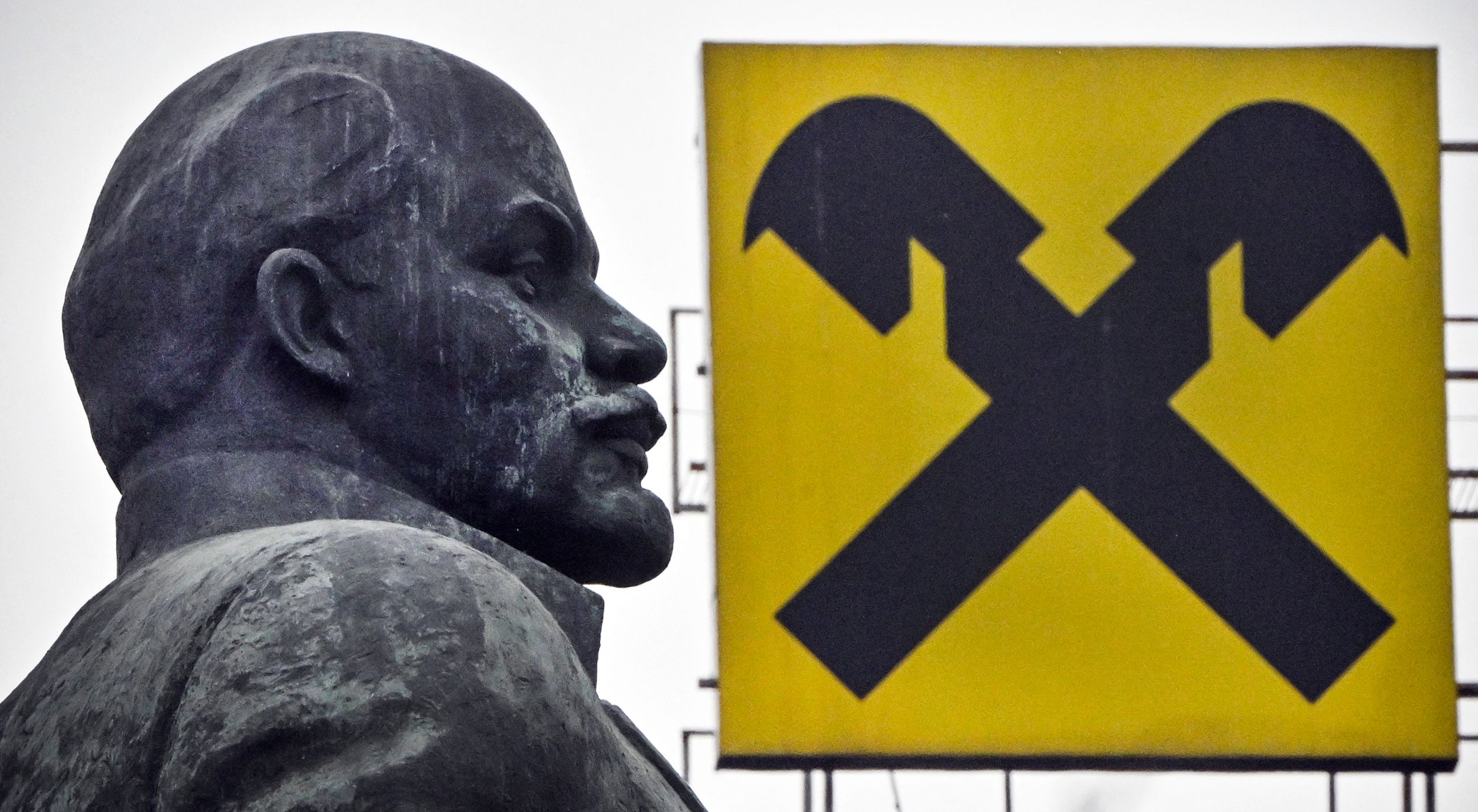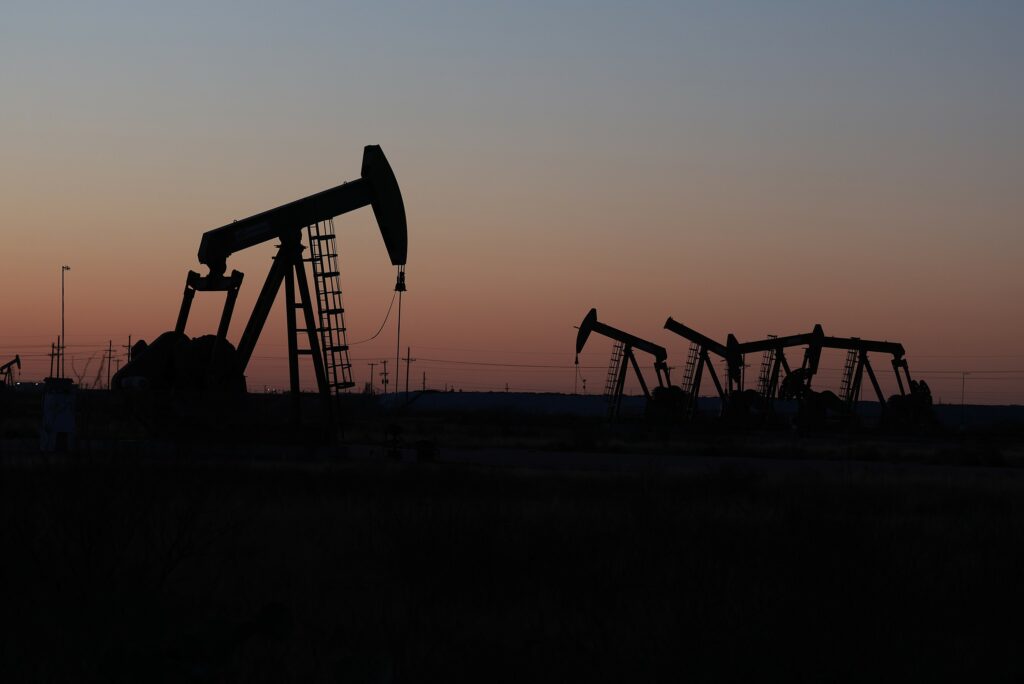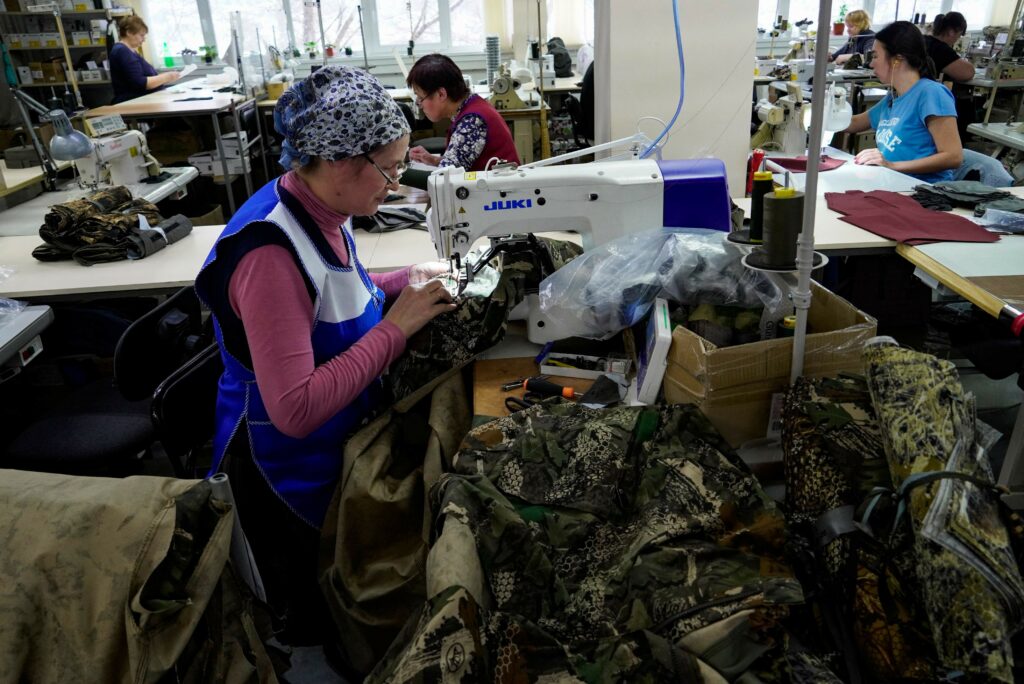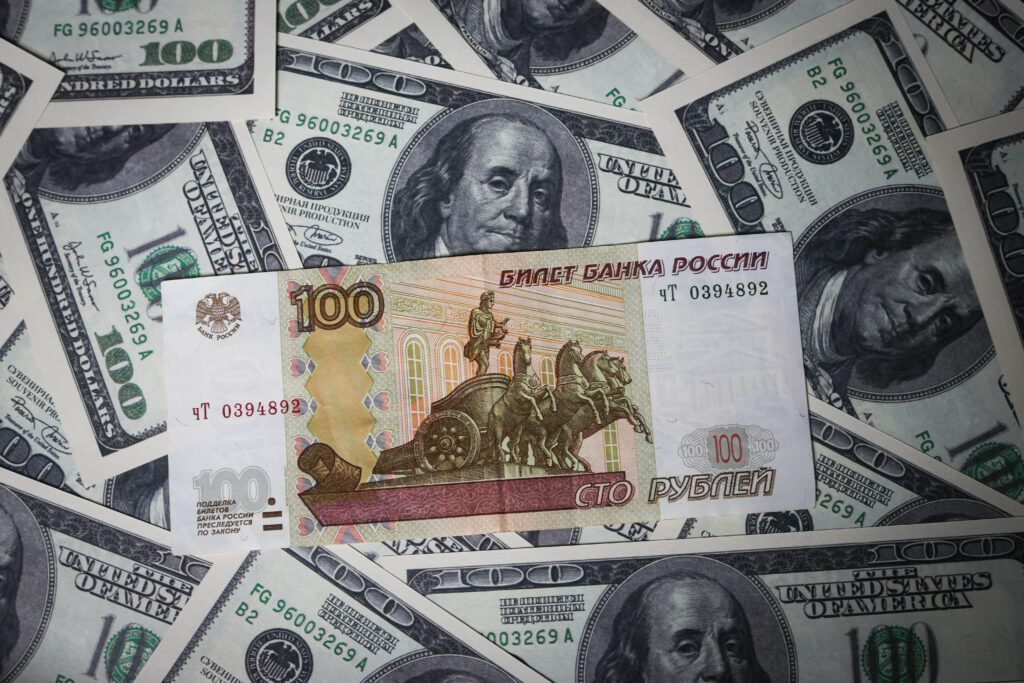The war in Ukraine led to large-scale changes in the Russian economy, a significant part of which was due to the actions of external players: governments of «unfriendly» states imposed sanctions, while private companies announced they would be pulling out of Russia. And if the Kremlin was at least abstractly prepared for the former, the decisions of the latter came as a complete surprise (after the annexation of Crimea, not a single international company left Russia; some only refused to work in the occupied territory). Naturally, Russian authorities did not feel sympathy for the «deserters», but relations with them over the past year have gone from dull confrontation to a war of annihilation.
At the first stage, Western companies announcing their withdrawal began to look for buyers for their assets; yet the authorities made it clear that it would not be easy to complete a deal. Any withdrawal of capital abroad was hampered by the Russian government. McDonalds, which had spent several months paying salaries to furloughed workers and utility bills for its 853 restaurants, sold the entire chain relatively quickly to Alexander Govor, who previously ran his own franchise in the Far East. But this sale forced the company to write off assets to the tune of $ 1.3 billion. According to McDonalds’ calculations, over 30 years the corporation has invested $ 2.5 billion in Russia, but at least a third of this amount has already been amortized — i.e. direct losses amounted to 70−80% of the market value of assets at the beginning of 2022.
Many companies, which primarily worked in trade, followed a similar path, handing over assets to their own managers, with the agreements suggesting that buybacks could be made within a few years. Naturally, in this case, the main losses fell on players who invested heavily in opening their own stores or bought out retail space: according to various estimates, IKEA lost from $ 150 to $ 200 million in this way, and firms such as Inditex, Uniqlo, H&M, and Decathlon lost in total about 65 billion rubles, or about $ 850−900 million at the then exchange rate.
Seeing that businesses are leaving despite huge losses, Russian authorities responded by directly banning investor retreats in a number of strategic industries (banking and finance, energy and infrastructure), while at the same time making it as difficult as possible for the repatriation of profits, which for some foreign companies operating in Russia was a significant part of their global income. This decision caused only an acceleration of the exodus from other industries: for example, automobile giants such as Nissan and Renault began to «give up» their assets not even to private companies, but to state structures. For an undisclosed amount, Nissan transferred its Russian assets, estimated at $ 686 million at the beginning of 2022 (including its stake in AvtoVAZ) to the Federal State Enterprise NAMI, controlled by the Ministry of Industry and Trade. NAMI soon gave the shares to AvtoVAZ itself. Renault sold a controlling stake in the car plant it built in Moscow to the city government for a symbolic 1 ruble.
But the «unbelievable adventures of foreigners in Russia» did not end there either. As we know, President Putin recently opened everyone’s eyes to the causes of the crisis in the Russian automotive industry, blaming the rapid decline in production on foreign «partners» who «behaved in the highest degree incorrectly, violated all their obligations,» which allegedly led to a drop in car production more than by 60%. At the same time, Oleg Deripaska, one of the Russian businessmen most sensitive to Putin’s moods, literally a week before the president’s speech, anticipated his words by filing a lawsuit against Volkswagen from his GAZ Group, accusing it of violating contractual obligations. The court, of course, impounded all the company’s assets in Russia (and € 570 million was invested in the plant in Kaluga) to secure the claim. We are probably seeing the beginning of a new wave of accusations, because it is beneficial for politicians to hold foreign investors responsible for Russia’s problems, and provoking the seizure of their assets is beneficial for local entrepreneurs.
These local businessmen, it should be noted, contributed their share of healthy cynicism to the process even before Deripaska’s legal demarches. For example, Vladimir Potanin, who was named by several business publications as the person who acquired the largest number of businesses left by foreigners in Russia (including a stake in Rosbank, sold by him to Société Générale in 2006−2008 for $ 2.34 billion), said that he categorically condemns the nationalization of private property, which «could throw Russia back to 1917» (losses of Société Générale, by the way, amounted to € 3.2 billion).
Russian authorities first set a rule that the discount on the sale of Russian business should not fall below 50%. Of course, this rule only exists for those who cannot address Putin personally to obtain consent not to comply with it. This was recently done by Leonid Mikhelson, whose help allowed Shell get a completely fair price for its assets in Sakhalin that ended up with Novatek after that. The inside track also helped Shell withdraw this money from Russia without any problems. Then the government went further, requiring foreign businesses to pay for any withdrawal from Russian assets with a «voluntary contribution» to the Russian budget of 10% of its «market value». Later, the tariff was reduced to 5%, but this does not change things, since the very definition of this market value in the current conditions is practically impossible. In general, although the Kremlin constantly claims that the exit of foreign companies is not a problem for the Russian economy, one gets the impression that the authorities are trying their best to trap in Russia at least some businesses founded by foreign owners (and this looks like a real tragedy for many of them; a reverse pressure is rapidly gaining momentum in the West, as shown with the mounting pressure of the European Central Bank on Raiffeisen to quit the Russian market).
The world’s largest robbery
What is happening today in Russia can be safely defined as the largest robbery of foreign investors in all known history. According to some estimates, their total losses reach $ 240 billion. Then again, this figure should not be taken at face value. If you clear the statistics of foreign direct investment in Russia from Russian money flowing into the country via offshore holdings, it turns out that such amounts were never invested in the country. Many experts confidently talk about $ 70 billion, which includes reduced sales and lost revenue. Even in the case of calculating only direct losses (i.e. write-offs of assets lost permanently or temporarily [if there are agreements on the possibility of repurchase] of assets), it turns out that in 12 months from the date of the first sales, which began as once in the second half of April 2022, foreigners lost $ 28−34 billion in Russia — approximately five times higher than similar losses of multinational companies from expropriations of their property in Venezuela and 30 times more than the Russian government gained in 1995−1996 when it sold its stakes in the country’s largest companies at «loans for shares» auctions.
In this regard, two circumstances should be highlighted.
One is how the Russian authorities have invented an innovation in the ongoing process of confiscation of property: it does not really amount to nationalization or expropriation, since no assets become the property of the state, as happened in most developing countries for the last half a century. Instead, Kremlin cynically creates conditions where the activity of foreigners in the country becomes impossible (both directly by the adoption of various rules and laws, and by the ongoing war in Ukraine, which makes the stay of leading Western firms in Russia extremely expensive from the point of view of reputation). These conditions force them to voluntarily transfer assets to private companies where access to international markets is already closed. This mechanism assumes that the injured party cannot sue the Russian Federation (claims won in international courts against Venezuela number in the dozens and are waiting in the wings). Nor can they make claims against the new owners, since the transactions look voluntary. Russia thus opens today nothing less than a new chapter in the history of the expropriation of Western property by the governments of peripheral countries, further confirming the existence of a «commercial state» in which the government acts as an entrepreneur.
On the other hand, unlike most countries that practice direct nationalization of assets, the Russian context sees local businessmen receiving companies whose work requires significant organizational efforts and which were either critically «tied» to supplies from abroad, or received obvious benefits from the recognition of their own brand. Therefore, it is worth seeing how successful the stolen business will be in the hands of the new owners; it is already clear that at the Moscow Renault plant it is only possible to assemble pre-disassembled Chinese cars, passed off as a «reanimated» Moskvich. Vkusno i tochka — which replaced McDonalds — reported a loss of 11.3 billion rubles in the first year of its work, with a total revenue of 73.5 billion. Of course, some acquisitions like banks or infrastructure facilities are less «problematic». But in general it is difficult to doubt that the level of their management, as well as the quality of goods and services produced, will decrease. Such «import substitution» is leading Russia backwards, while the arrival of foreign investment for many years remained the most important engine of Russia’s modernization.










